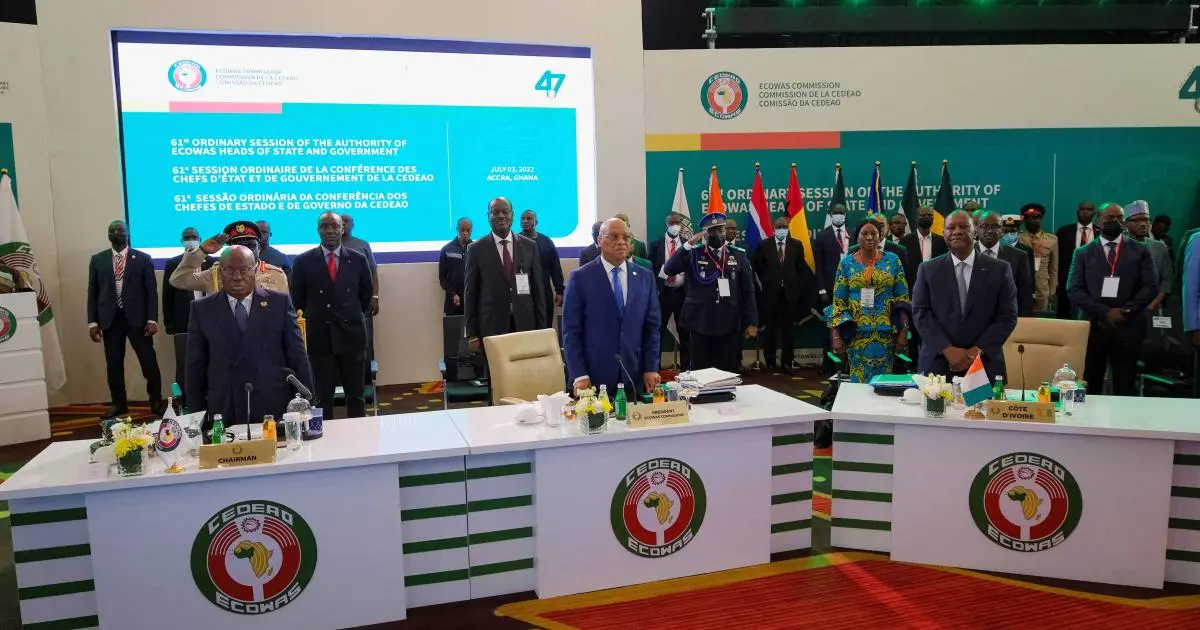Mali validates crucial reform to strengthen constitutional oversight

Mali’s National Transitional Council (CNT) took a significant step on August 7, 2025, by adopting a key amendment to the organic law linked to Article 153 of the 2023 Constitution, aimed at clarifying and improving the process for constitutional review of laws.
Article 153 empowers any court in Mali to question the constitutionality of a law and refer it to the Constitutional Court if deemed contrary to constitutional principles.
However, the original organic law governing this procedure contained ambiguities that complicated its application. The revision follows observations made by the Constitutional Court itself, which highlighted these uncertainties.
The amended law specifically refines the referral process and introduces the concept of a “stay of proceedings.”
This means that when a court raises a constitutional question, it must suspend its decisions until the Constitutional Court issues a ruling. This provision is designed to prevent contradictory or premature judgments while constitutional issues are being resolved.
After a second reading addressed inconsistencies in the initial draft, the revised text was unanimously approved by CNT members present, ending debates on the necessity of these changes.
Political and legal stakeholders have expressed strong support, viewing the reform as a crucial mechanism to enhance constitutional checks and balances in Mali.
“This reform ensures better control of the constitutionality of laws in Mali,” said one senior political source involved in the process. The changes mark a milestone in Mali’s legal framework, making constitutional challenges more accessible to citizens and reinforcing the rule of law.
Authorities acknowledge that successful implementation will require coordinated efforts, including judicial training and clearer guidance on appeal procedures, to guarantee the reform’s effectiveness. Mali’s commitment to strengthening legal institutions underscores its broader ambition to consolidate democratic governance amid ongoing transitions.
About The Author
dailymailafric
I am an avid African news observer, and an active member of Daily Mail Africa.
I’m Passionate about staying informed on diverse topics across the continent,
I actively contribute to publishing on political, economic and cultural developments in Africa.



